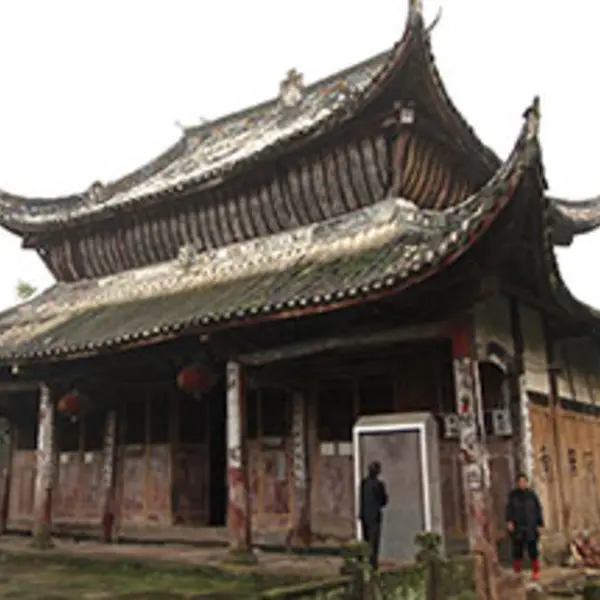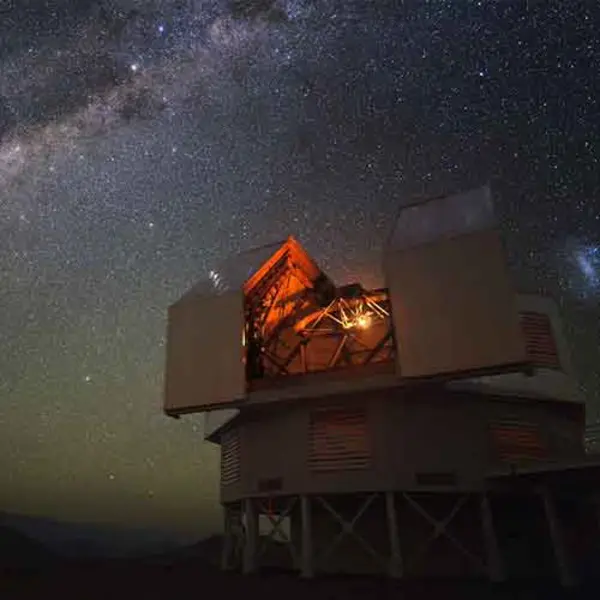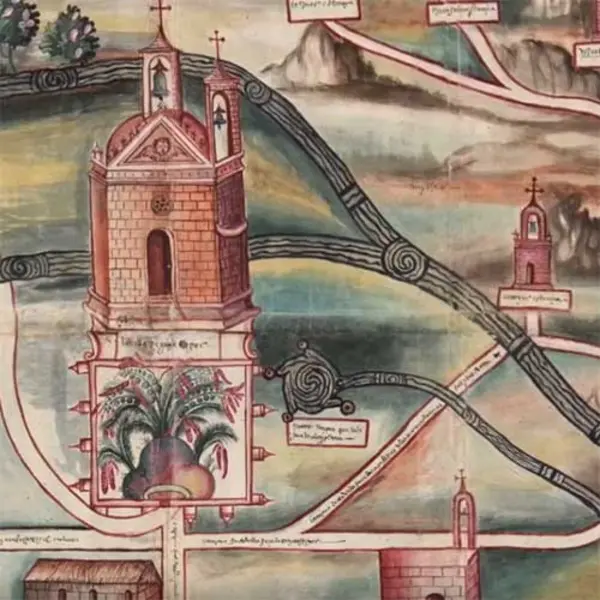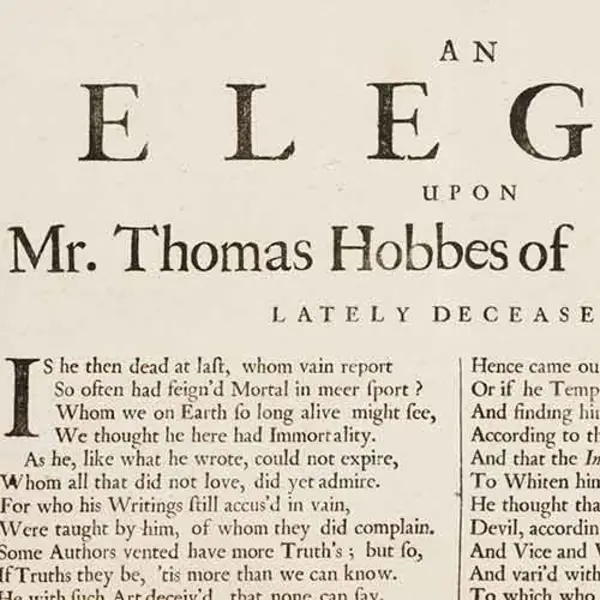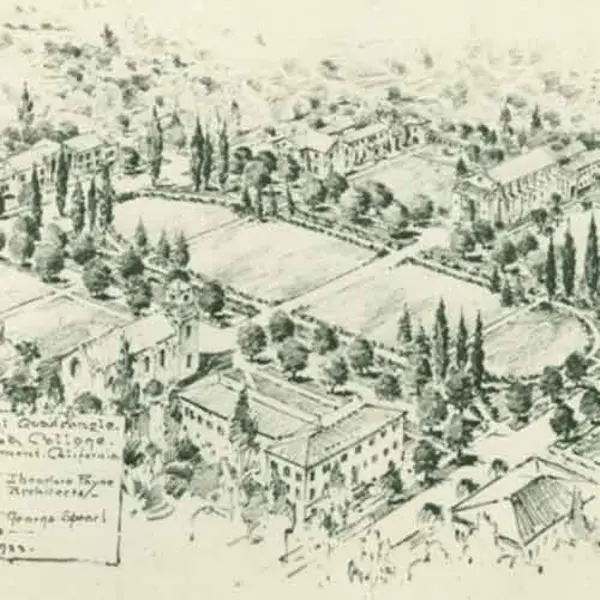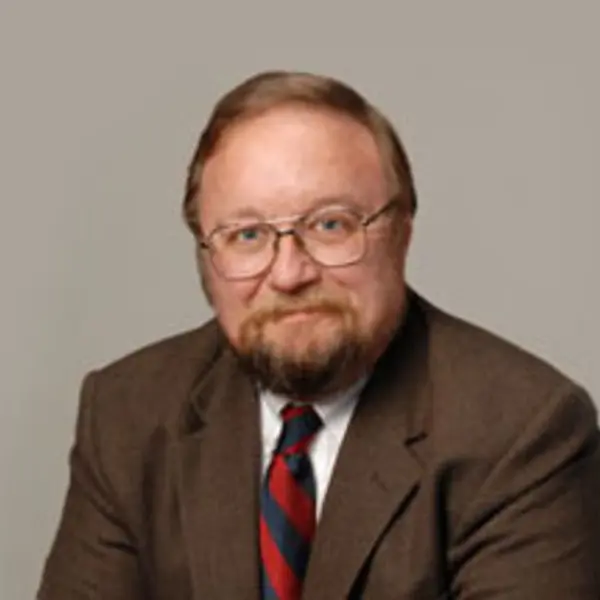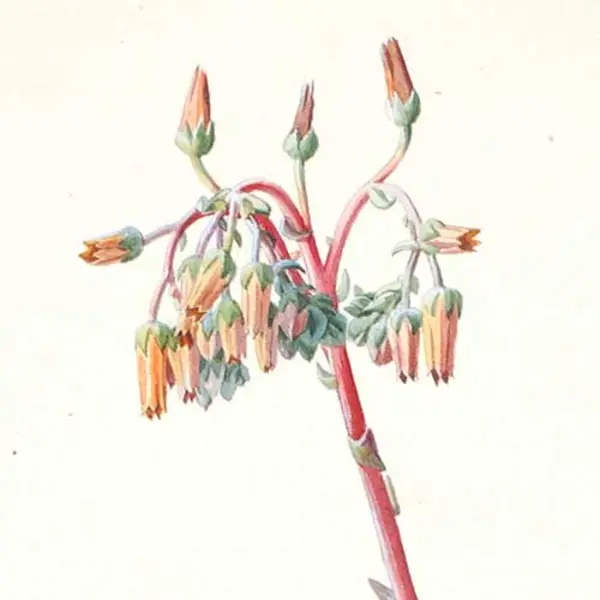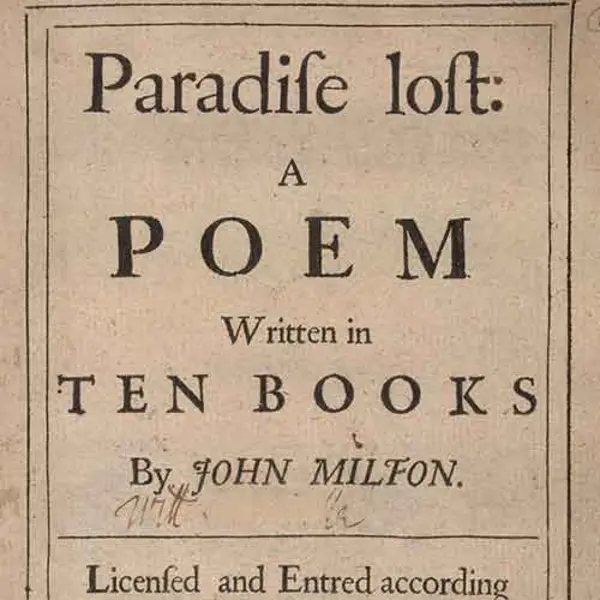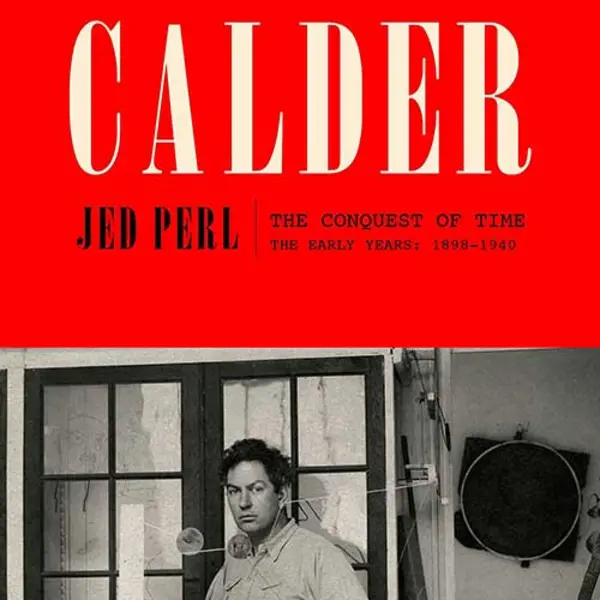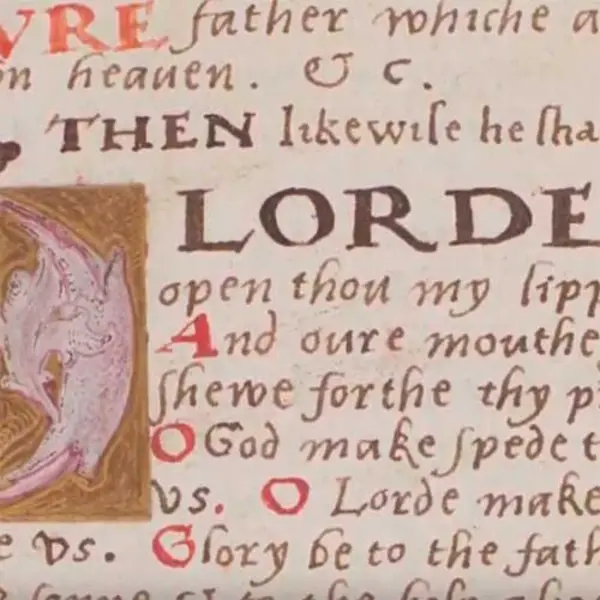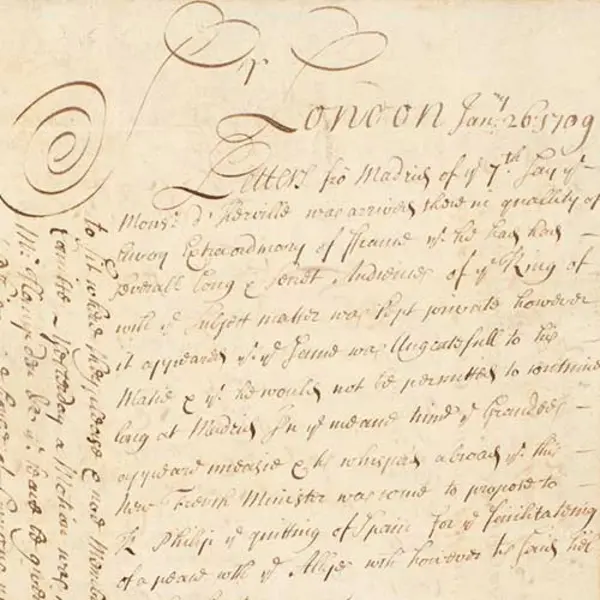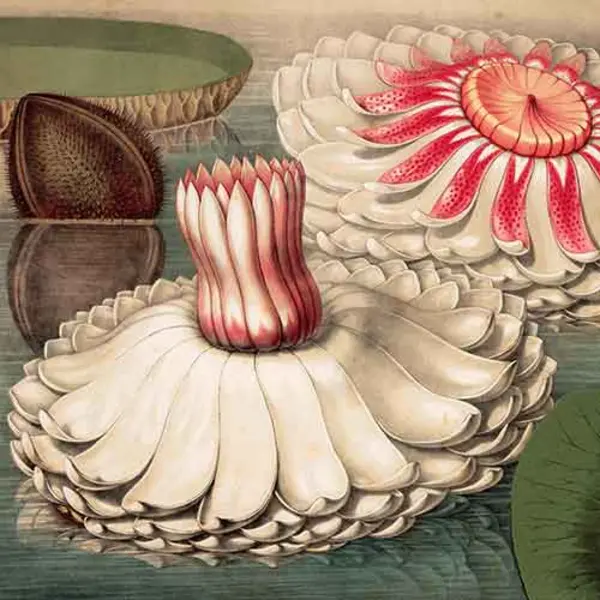Most Recent
Lecture
The Ecology of Eternity in a Song-Dynasty Buddhist Monastery
Tue., Nov. 21, 2017
In his inaugural Huntington lecture, Phillip Bloom, The Huntington's new director of the Center for East Asian Garden Studies and curator of the Chinese Garden, examines the history of Shizhuanshan, a hilltop Buddhist sanctuary in southwestern China constructed in the late 11th century.
Conference
First Light: The Astronomy Century in California, 1917–2017
Fri., Nov. 17, 2017
Jointly presented by The Huntington and Carnegie Observatories, this conference marks the centennial of the completion of the 100-inch Hooker telescope on Mount Wilson, which saw "first light" in November 1917 and heralded the dawn of modern astronomy.
Video
Indigenous Latin American Mapmakers from the 16th century
Fri., Nov. 17, 2017
The exhibition Visual Voyages tells the story of how indigenous peoples, Spanish Americans, and Europeans all contributed to understanding Latin America's complex natural world.
Lecture
Did Early-Modern Schoolmasters Foment Sedition?
Wed., Nov. 15, 2017
Markku Peltonen, professor of history at the University of Helsinki and the Fletcher Jones Foundation Distinguished Fellow, discusses why the famous philosopher Thomas Hobbes (1588–1679) placed the blame for the English Civil War and Revolution of the 1640s at the door of schoolmasters.
Lecture
The Landscape Designs of Ralph Cornell
Sun., Nov. 12, 2017
Among the first generation of landscape architects in Southern California, Ralph Cornell (1890–1972) is considered the most influential. His wide scope of projects included college campuses, city parks, and significant residential commissions.
Lecture
The Lords Proprietors: Land and Power in 17th-Century America
Wed., Nov. 8, 2017
If England's King Charles II and his courtiers had had their way, most of eastern North America would have been the personal property of about a dozen men who dreamed of wielding virtually absolute power over their vast domains. Daniel K.
Lecture
Rediscovered Botanical Treasures from the Smithsonian and the Hunt Institute
Sun., Nov. 5, 2017
Lugene Bruno, curator of Carnegie Mellon's Hunt Institute, and Alice Tangerini, curator of botanical art at the Smithsonian Institution, present an illustrated lecture on recently rediscovered artworks long forgotten in their archives.
Lecture
The Originality of Milton’s “Paradise Lost”
Wed., Nov. 1, 2017
David Loewenstein, Erle Sparks Professor of English and Humanities at Penn State, discusses the daring originality of Milton's "Paradise Lost." This year marks the 350th anniversary of the great poem's first publication in 1667. This talk is part of the Ridge Lecture Series at The Huntington.
Lecture
Calder: The Conquest of Time
Mon., Oct. 30, 2017
In his groundbreaking biography of American sculptor Alexander Calder (1898–1976), author Jed Perl shows us why Calder was—and remains—a barrier breaker, an avant-garde artist with mass appeal. Perl is joined in conversation by Alexander S. C.
Video
A Private Book of Common Prayer
Thu., Oct. 26, 2017
Vanessa Wilkie, the William A. Moffett Curator of Medieval Manuscripts and British History at The Huntington, explains what went into the creation of a private, hand written version of the entire 1559 Book of Common Prayer.
Conference
The Rise of the Newspaper in Europe and America, 1600–1900
Mon., Oct. 16, 2017
The newspaper rose to centrality in modern societies by making information current, critical, legitimate, and public. Leading experts on the history of the newspaper consider its invention, its layout, its appeal to sensation, and its claim to objectivity.
Lecture
Seeing and Knowing: Visions of Latin American Nature, ca. 1492–1859
Mon., Oct. 16, 2017
Historian Daniela Bleichmar, co-curator of the exhibition "Visual Voyages: Images of Latin American Nature from Columbus to Darwin," discusses the surprising and little-known story of the pivotal role that Latin America played in the pursuit of science and art during the first global era.
